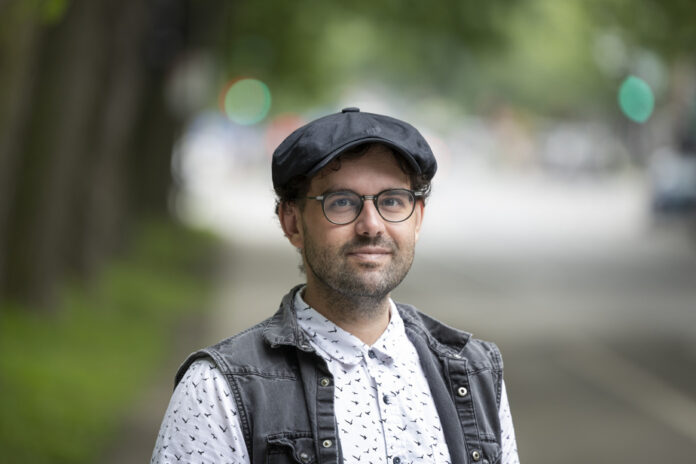I wanted to read a real philosophy book to conclude this series. I have decided that this will be the last paper of “The Thinkers Here” – my own essays are calling me.
The desire for the real in Quebec philosophy appeared on my table like a little jewel rediscovered at the bottom of a box, because it brings together for too rarely these two words: Quebec philosopher. There are plenty of Quebec essayists who say “I”, but more academic philosophers, like those featured in this book, are often mistakenly believed not to exist here.
Fradet presents five of them to us in his essay, all men, it will be easy to notice, including the essential Charles Taylor. As for the four others discussed, the author, who got down to the task of this book during postdoctoral studies, works hard enough to approach his thinking with kindness. As everyone knows, Taylor can sometimes be accused of relativism, particularly following his prevarications in his participation in the commission on reasonable accommodation. But no, he wouldn’t.
The professor at Cégep de Saint-Laurent proceeds in the same way for Charles De Koninck, who should not be taken for a simple interpreter of the thought of Saint Thomas Aquinas, as well as for Jacques Lavigne, whose ostentatious belief stemming of the idea of worry should not discredit thought. De Koninck junior, Thomas, whose legend has it that he inspired the character of the Little Prince in his youth, and Jean Grondin, who moreover directed Fradet’s postdoctoral fellowship, complete the quintet.
By revisiting the thought of the latter, which closes the book, I had the impression of closing a very large circle. Grondin, an academic star for his expertise in German philosophy, also directed my master’s studies 20 years ago. So star already at the time, and so busy being one, that I don’t remember any discussion with my director, for lack of time. It must be said that it suited me at the time, when I liked to think in a vacuum far from what my contemporaries thought.
As an ark bringing together these thinkers, the theme of realism is put forward. I smiled seeing it. I walked into my girlfriend’s office and said to her, “He wonders if the real exists outside of our heads or not. The old question, ha ha ha! This is the question of all philosophers’ questions, basically, the nagging question, a tad closed in on itself and sterile in many respects, to know if what we think of the world has anything to do with what we think, and very little to do with the world. This is a question that originated largely in Kant’s Critique of Pure Reason, but can be traced back from Plato to Keanu Reeves in The Matrix. A question that cannot be answered.
On the one hand, denying the existence of real “extramental” facts (genocide, for example) is simply dangerous. On the other hand, to deny that there are indeed freely chosen personal constructions (the meaning of a life) seems unduly to reduce everything to some absolute. But this book nevertheless pitches towards the first option: the real is there, and what we build always sits on this shared common real. For my part, I prefer to leave the question without a definitive answer and continue the discussion on particular cases. In any case, what was for me a revision of an old lesson deserves to be tackled by anyone with a modicum of metaphysical curiosity. That is, everyone.
I remembered this friend, who had read my master’s thesis, and who had asked me over a twenty-something beer, “Who is that, ‘us’?” Not finding an answer to his question, I began to replace pronouns in a hurry two days before submitting the text for evaluation. No one on the jury took issue with my use of the first person singular – it is this pronoun used by Descartes, Montaigne and Nietzsche, after all. And whenever one of my own students asks me if it’s allowed to do so in their exam, I reply that “all personal pronouns are allowed in this course”.
Fradet told me on the phone that he just wanted to write a more personal essay in the future, and I hope so. The word “desire” in the title of his book is the deepest part of it. The longing for an “I,” which in some ways is most real, is central to every thinker.
In this series on the thinkers of Quebec, I wanted to map the ideas that forge us collectively, drawing inspiration precisely from Kant, who is sometimes nicknamed the geographer of reason. I have the impression that my map is done, although incomplete and imperfect. I now want more than anything that Quebec thought be exported beyond our borders, in all its diversity. It is ripe, fresh, limpid and deep at the same time. In front.















